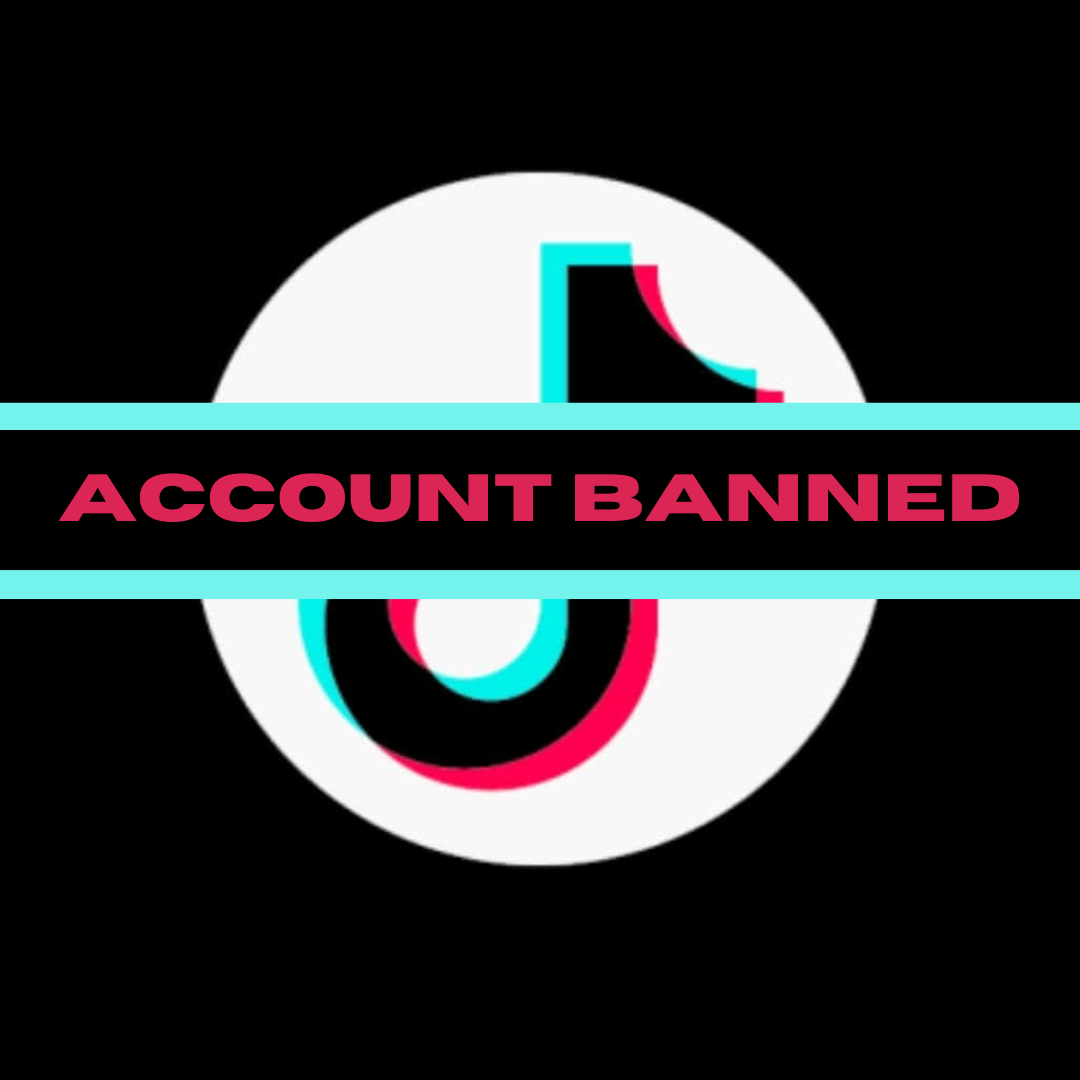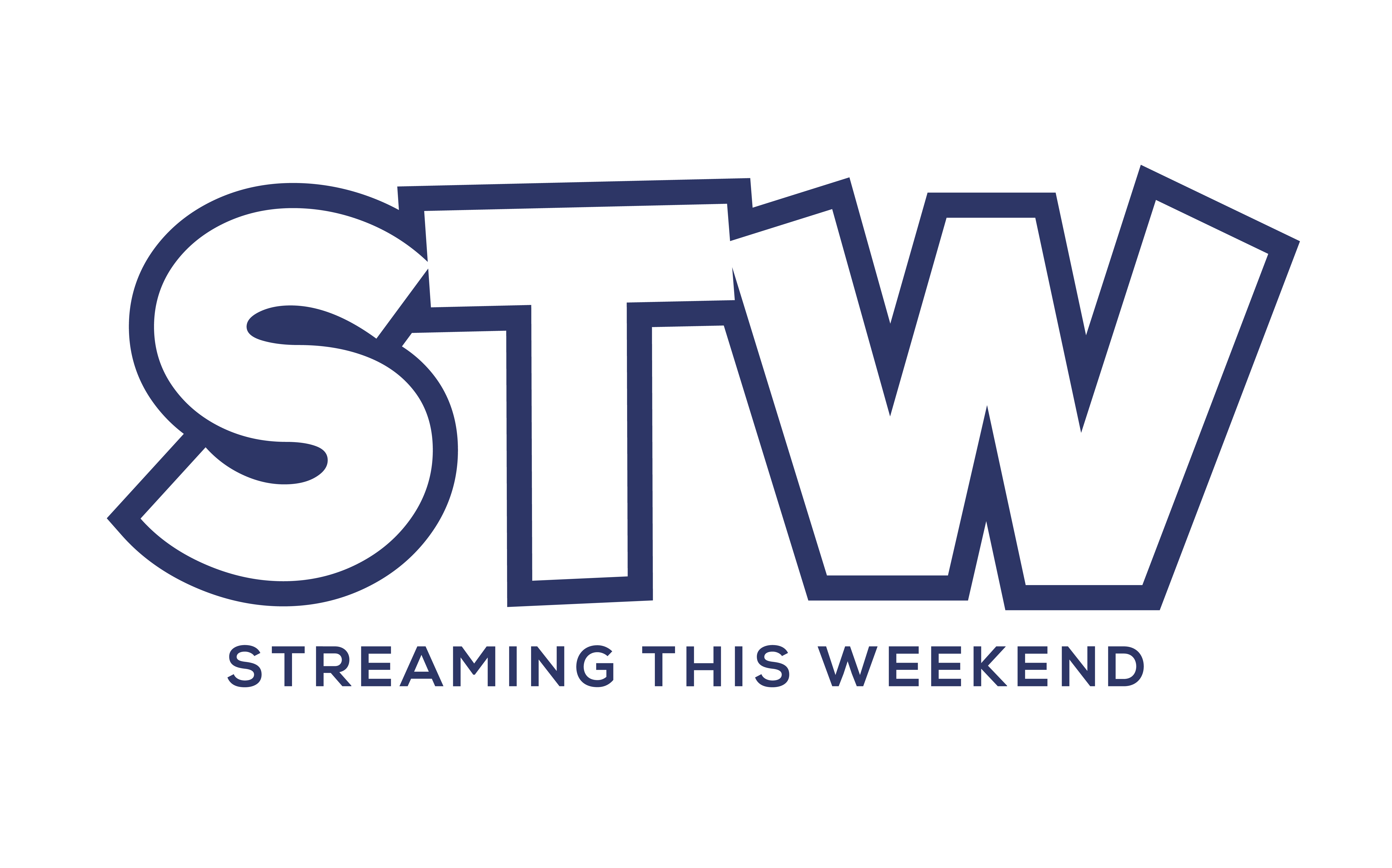Under immense pressure from the US government and facing a potential ban in the states, TikTok published its refreshed community guidelines in March to address several nagging issues, including the use of AI, election interference, and misinformation. Effective immediately, participating in any of the following behaviors could get your account on TikTok banned.

Table of Contents
What is TikTok?
TikTok is a popular social media platform known for its short-form video format. Viewers on TikTok scroll through video feeds from content creators that are often short, concise, and niche focused. The platform has been embraced by younger generations and now boasts over 150 million accounts in the US and one billion worldwide.
Content creators of all shapes and sizes use TikTok to share dance moves, comedy routines, and entire libraries of tips and tricks for things like gardening, painting, and much more.
Due to their short length, TikTok videos are easy to consume and share and are therefore more likely to go viral than long-form video content that is common on platforms like YouTube and Twitch. Bella Poarch, for example, broke TikTok records last year with 61 million views (Bella Poarch posts 5 – 10 seconds clips of her lip singing and doing random things like preparing food).
Despite its wild popularity, however, TikTok has faced controversy recently over concerns about user data privacy and censorship, as well as its potential influence on politics and society (TikTok has been accused of having ties to the communist party, among other things). All of this has led to increased scrutiny of the company, including some politicians calling to have TikTok banned in the US entirely.
Could lawmakers have TikTok banned?
Talk of having TikTok banned began during former president Donald Trump’s administration. According to Trump (India has also expressed similar concerns), federal regulators reported concerns regarding TikTok’s Chinese ownership and connection to the communist party and, during the COVID-19 pandemic, the former president accused the platform of spreading disinformation. There have also been accusations against the company of suppressing information during protests in Hong Kong as China nullified its agreement with the UK to allow the city-state autonomy until 2047.
The issue was such a hot topic, in fact, Trump issued an executive order directing regulators to find a legal process that would see TikTok banned in the United States. Ultimately, though, Trump’s executive order to have TikTok banned was thrown out by a federal court and the issue remains unresolved.
However, the question of whether TikTok is a national security threat is ongoing, and while momentum appears to be building to see TikTok banned, some have begun to ask whether the platform is too big to fail with hundreds of thousands of content creators relying on TikTok as their primary source of income.
In any case, the increased scrutiny has led to some big changes on the platform that content creators need to be aware of. Avoid these six things to avoid having your account on TikTok banned.
The 6 things you can do to avoid having your account on TikTok banned
Misinformation
According to TikTok’s newest community guidelines refresh, misinformation is defined as “inaccurate, misleading, or false content that may cause significant harm to individuals or society.” TikTok considers sharing this information, whether intentional or not, as having the ability to cause “physical, psychological, or societal harm, and property damage.”
To mitigate the nuances of “misinformation” and “differing perspectives,” TikTok will work to fact-check your content and label it accordingly; but if you consistently share content that TikTok views as intentionally misleading or harmful to individuals or society, you could see your account on TikTok banned.
Civic and election integrity
TikTok does not permit political advertisements or the promotion of a political campaign or other related civic activity. But beyond the platform’s ban on political advertising, users who promote false information about how to vote, where voting locations are, or what the outcome of an election may be are in violation as well.
And while this may seem a bit harsh, TikTok is obviously buttoning up in the wake of Trump’s claims of a stolen election.
Because TikTok is already being accused of collaborating with the Chinese government to spread misinformation, it looks like the company is going the ultra-safe route and effectively banning any talk of politics on the platform.
If you’re a casual user, losing access to TikTok may not be a nail-bitter and we expect to see plenty of political discussion on TikTok, regardless of the new policy, but if you’re a content creator that relies on income from the platform, why risk it?
Synthetic and manipulated media
TikTok is also cracking down on AI-created content, or “synthetic and manipulated media.” According to the guidelines, TikTok does not permit “synthetic media that contains the likeness of any real private figure.” And while the platform does provide some room for creativity for public figures, any use of AI must be clearly disclosed.
To avoid a violation of their TOS, TikTok recommends using a sticker or caption, such as ‘synthetic’, ‘fake’, ‘not real’, or ‘altered’ for AI-generated or synthetic media.
Fake engagement
TikTok is also cracking down on 3rd party tools that emulate engagement to fool or trick the company’s feed algorithm. For example, using a service to inflate the number of views, likes, or follows artificially. Not only can repeat violations of this TOS see your account on TikTok banned, but the company is also going to remove the fake likes and follows anyway.
Unoriginal content and QR codes
While Twitch has had set policies established for DMCA strikes for quite a while, TikTok is also now moving to eliminate the use of unoriginal content and Quick Response (QR) codes.
According to its new policy, content that violates copyright and trademark rules will be removed. The use of copyright-protected content or QR codes is prohibited on TikTok. Continued violation of the TOS can lead to your account on TikTok banned from the platform.
Spam and deceptive account behaviors
The updated guidance also stipulates that “[fake accounts created for the purpose of] conducting covert influence operations, and operating spam or impersonation accounts” will be banned. This includes covert operations to influence elections or simply to subvert TikTok’s algorithms. For example, creating 100 accounts to artificially inflate a post’s popularity or promote a particular political view.
In this instance, TikTok goes further than suggesting a TOS ban (which can be appealed); the platform says it will ban the primary account and any other account created by that user for life. Oof.
Final words
As long as TikTok is operating in the US, expect continued pressure on the company to tighten up its community engagement rules. At the end of the day, however, content creators that post original content that does not harass or cause harm to others or spread misinformation have nothing to worry about. But if you’re thinking of using TikTok to cheat your way to the top or convince the public that Mother Teresa was an alien that ate children, expect to hear from TikTok mods in a hurry.

